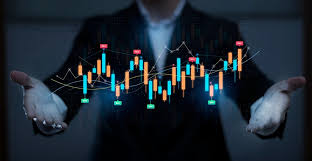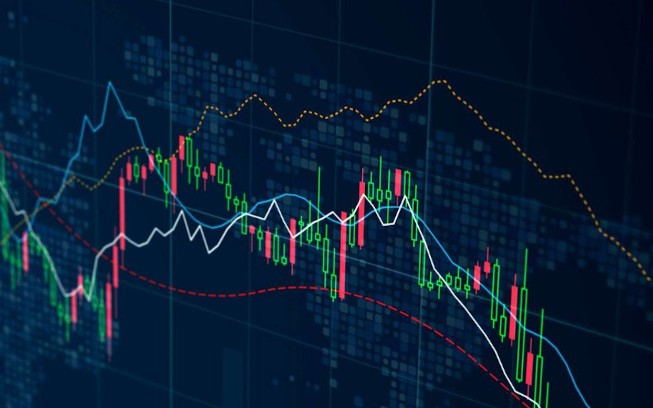
Your Path to Forex Trading Success: A Beginner’s Guide
Welcome to the world of forex trading! As a beginner, you may feel overwhelmed by the complexity of the market, but fear not. This guide aims to simplify the process for you while providing valuable insights. With the right knowledge and tools, you can embark on your trading journey with confidence. To enhance your trading experience, consider downloading a reliable forex trading beginner guide Trading App APK that can assist you in your trading activities.
Understanding Forex Trading
Forex trading, or foreign exchange trading, involves buying and selling currencies on a global market. Unlike traditional stock exchanges, the forex market operates 24 hours a day, five days a week, allowing traders to engage at their convenience. The primary goal in forex trading is to profit from fluctuations in currency exchange rates.
The Structure of the Forex Market
The forex market is decentralized, meaning that it doesn’t have a central exchange like stock markets. Instead, trading occurs over-the-counter (OTC) through a network of banks, brokers, and individual traders. Major players include central banks, financial institutions, corporations, and retail traders.
Essential Concepts to Know
Before diving into trading, it’s crucial to understand some key concepts:
- Currency Pair: Currencies are traded in pairs (e.g., EUR/USD), where the first currency is the base currency, and the second is the quote currency.
- Pips: A pip is a unit of measurement that expresses the change in value between two currencies. It is usually the fourth decimal point in a forex quote.
- Leverage: Leverage allows traders to control larger positions with a smaller amount of capital. While it can amplify profits, it also increases risks.
- Spread: The spread is the difference between the buying and selling price of a currency pair, representing the broker’s profit margin.

Choosing a Forex Broker
Selecting the right broker is crucial for your trading success. Here are some factors to consider:
- Regulation: Ensure the broker is regulated by a reputable financial authority.
- Trading Platform: Choose a user-friendly trading platform that offers essential tools and features.
- Fees and Spreads: Compare fees and spreads among various brokers to find the most cost-effective option.
- Customer Support: Look for brokers that offer reliable customer support when you need assistance.
Developing a Trading Strategy
A solid trading strategy is essential for long-term success. Here are some elements to incorporate into your strategy:
- Market Analysis: Use both fundamental and technical analysis to make informed trading decisions.
- Risk Management: Determine your risk tolerance and set stop-loss orders to protect your capital.
- Set Goals: Define your financial goals and tailor your trading plan accordingly.
- Review and Adapt: Continuously review your trades and strategy, adapting as necessary to market changes.
Understanding Market Analysis
There are two primary types of analysis used in forex trading: fundamental and technical.
Fundamental Analysis
Fundamental analysis involves analyzing economic indicators, news events, and geopolitical factors that can influence currency values. Key indicators include interest rates, employment figures, GDP growth, and inflation rates.

Technical Analysis
Technical analysis focuses on price charts and patterns. Traders use various tools, including indicators and chart patterns, to identify trends and potential entry and exit points. Popular tools include moving averages, Relative Strength Index (RSI), and Fibonacci retracements.
Trading Psychology
Trading psychology plays a significant role in a trader’s success. Emotional decision-making can lead to poor trades and financial losses. Here are some tips for maintaining a healthy trading mindset:
- Practice discipline and stick to your trading plan.
- Avoid overtrading and the impulse to chase losses.
- Accept losses as part of the game, and don’t let them affect your judgment.
- Stay informed, but don’t let news events drive your decisions impulsively.
Getting Started with Demo Trading
Before risking real money, consider practicing with a demo trading account. Most brokers offer demo accounts that mimic live trading conditions without financial risk. Use this opportunity to test your strategies, familiarize yourself with the platform, and gain confidence in your trading abilities.
Conclusion
Forex trading can be both rewarding and challenging, especially for beginners. By understanding the basics, choosing the right broker, developing a solid strategy, and managing your emotions, you can pave the way for success in the forex market. Remember, continuous learning and practice are key to becoming a proficient trader, so take your time and enjoy the journey. Good luck, and happy trading!

0 comentarios